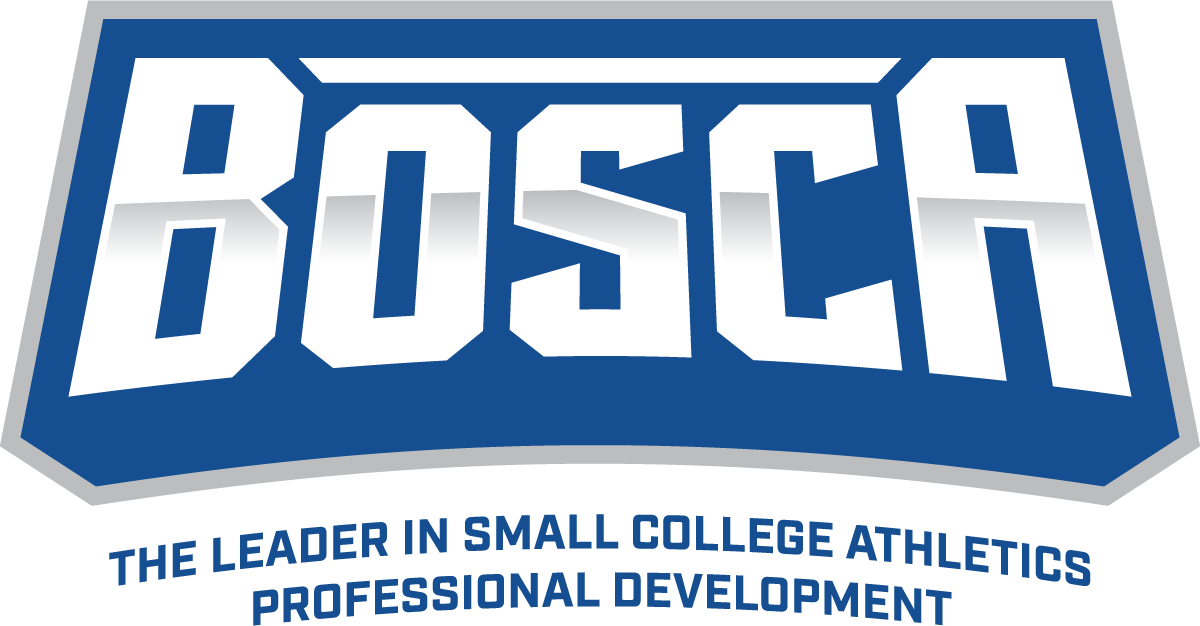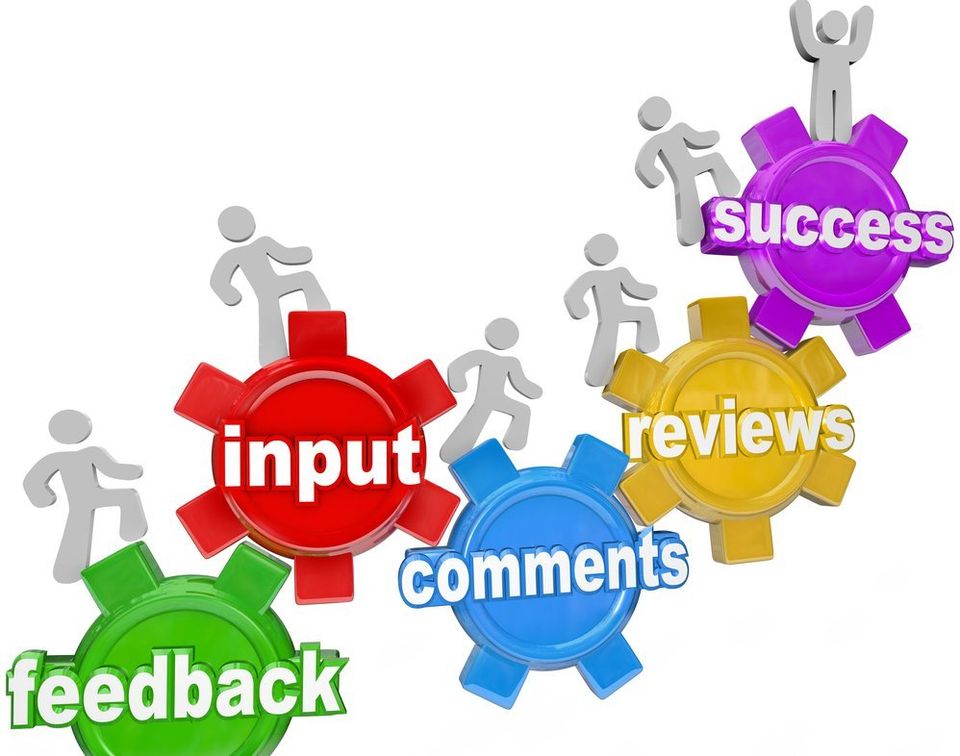Evaluating Performance
A strategy for annual performance evaluations.
I’m a big fan of annual performance evaluations. Our evaluations start with a self-evaluation that requires an employee to evaluate their effectiveness in areas like leadership, communication, etc. The self-evaluation also allows the employee to list highlights from the year, areas that need improvement, and goals for the coming year. The self-evaluation itself tells me a lot about the employee as some folks are much too modest (rating themselves too low in numerous areas) and others are overly confident in the jobs that they are doing. Once the employee completes the evaluation they submit it to me and I add my ratings and comments about the employee’s performance. I give the completed form back to the employee and then we meet to discuss it. I want employees to have a chance to see and contemplate my written comments before we meet in person. This gives them the opportunity to be better prepared to discuss the details.
Here are some of the goals that I keep in mind when completing annual performance evaluations:
Stick to the Mission
– Throughout the hiring process and the
academic year we spend a lot of time talking about the expectations of our
department. These expectations are
closely tied to the mission of the university and the performance evaluation
should reflect this. My evaluations
always have a primary focus on 1. Academic success. 2. Social success. 3. Competitive success. And 4. Financial
success. We expect teams to enjoy
success in each of these areas and each area is relatively easy to evaluate in
an objective way.
Be Specific – A coach recently listed “become more active on campus” as a goal. Honestly, I applaud this goal but I want something more specific. When I met with the coach I brought this point up to the coach and we worked together to find specific campus committees and opportunities that would help the coach reach this goal. Similarly if a coach lists “improve academic performance” as a goal, I want to know the specific steps that a coach is going to take to achieve this. This gives me items to follow up on during the year and deeper understanding of the programs a coach plans to initiate.
Praise the
Good
– Take the time to discuss in-depth the positives of an employee. Don’t just gloss over the good with a comment
like “You’re doing great.” Back it up
with a list of positives and the impact that this employee is making on your
department. Coaches/staff want to know
that you pay attention to the details.
When I can, I like to point out positives that the staff member didn’t
think to include themselves when they list their accomplishments.
Discuss the
Bad(Opportunities for Improvement)
– Many think that evaluations only exist so
that you can nit-pick the deficiencies an employee has or take the necessary
steps that will allow you to terminate the employee. It’s important that evaluations are an honest
assessment and if an employee is falling short in some area then it must be
openly discussed. This doesn’t have to
include an overly critical approach but it should end in mutual agreement that
improvements must be made and some effort to assist the employee in making the
improvement.
Follow Up
–
The conversation that takes place during the performance evaluation often leads
to additional thought and action for me. I regularly ask employees to submit a plan of
improvement, submit a financial overview, or to give me specifics that relate
to goals that they have set. Similarly,
when I see them initiating new programs to reach their goals I address it with
them throughout the year and offer any advice that I can.
How do we
get better?
– This is a theme for every
evaluation meeting for me. The meeting
offers a real opportunity to look back at the year, evaluate what worked and
what didn’t, and then set the goals that will propel the program further. This year my softball team won the National
Championship and finished the year 68-1.
Naturally, there isn’t much more that we can do to be better
competitively. Regardless, improvement
is a goal of every meeting.
What more
can I do?
– I always ask coaches for their assessment of the administrative
functions of our department. Getting
their feedback on athletic training, compliance, sports information…even our
administrative assistant, helps me as I evaluate these employees as well. I also encourage their frank assessment of
the job that I’m doing and what more I can do to serve the needs of their
program.
Annual
evaluations offer a great opportunity to pat an employee on the back, celebrate
success, evaluate opportunities, and set goals for the coming year. Generally, these meetings don’t offer many
surprises to employees. Department heads
should be communicating with employees and working with them toward goals
throughout the year. Consistent
communication leads to on-going evaluation, goal adjustment, and reflection on
the university mission. While I
encourage administrators to have a thorough annual evaluation with each
employee, these meetings are less productive if you haven’t been communicating and evaluating success
throughout the year. Make sure that you are consistently communicating throughout the year and this annual meeting will be much more productive.


